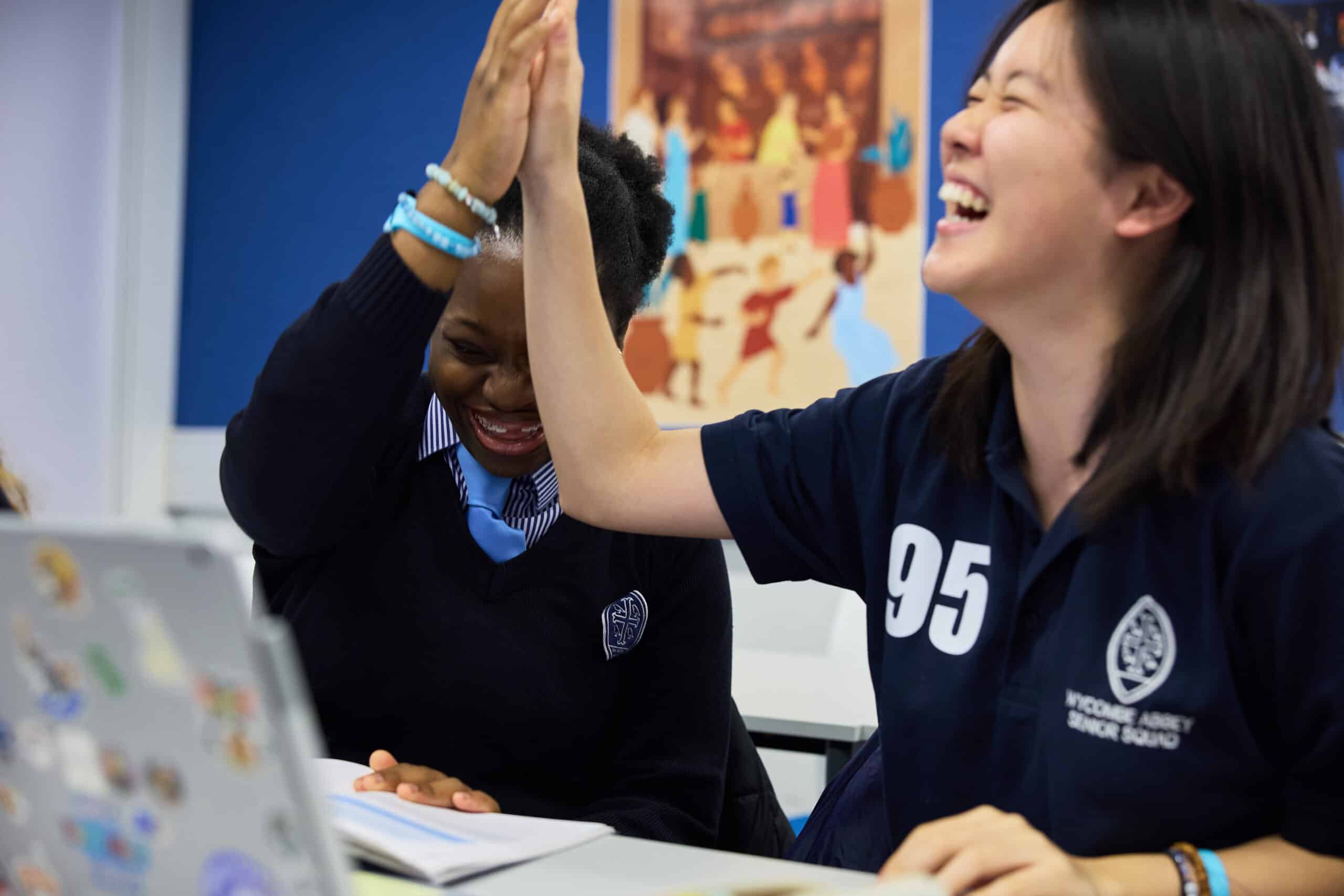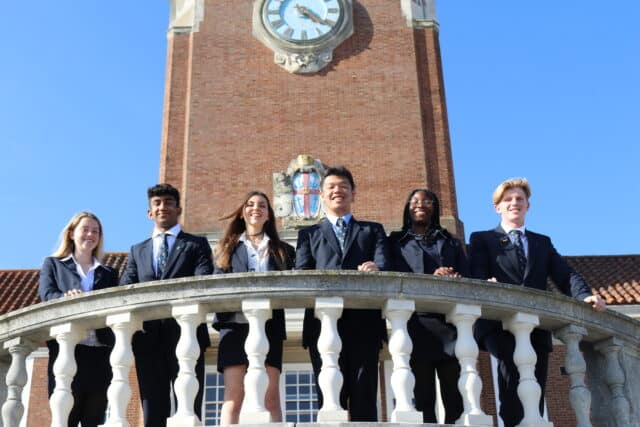Blog
Is the true purpose of Schools to teach power skills?

Vicky Fawkes
Deputy Head (Pastoral) at Wycombe Abbey
Read the blog
When I was a pupil, I recall ‘soft skills’ being referred to in hushed tones, only really discussed within PSHE lessons which were, themselves, not taken particularly seriously. We know that skills such as perseverance, resilience, and determination, develop over time, but they are often seen as the worthwhile outcomes of hard times or disappointment rather than as something that can be explicitly taught as you would teach Maths or History. However, it is increasingly believed that these skills should be central within a modern, 21st century curriculum, suggesting that they are more indicative of future success than examination results.
The term ‘soft skills’, now being rebranded as ‘power skills’, was first used in training courses for the U.S. Army in the early 1970s to refer to interpersonal skills rather than the skills needed for operating machinery or using weapons. From the 1980s, businesses and education settings began referring to the phrase, and it reached peak popularity in the 1990s. However, in more recent times, many individuals have criticised the wording used to describe these skills, stating that the word ‘soft’ indicates that they are easy to learn and develop or are, in fact, optional. There has therefore been a move to use the phrase ‘power skills’ to reflect their strength and the importance of these skills in a modern society. Universities and employers are increasingly turning to power skills to decide which candidate is going to be the best ‘fit’ for them. An article in Forbes Magazine stated that TalentSmart, a company that specialises in proving training for businesses on emotional intelligence, “…tested emotional intelligence [a key outcome of power skills] alongside 33 other important workplace skills, and found that emotional intelligence is the strongest predictor of performance, explaining a full 58% of success in all types of jobs.”
Schools are often primarily judged by the academic results that their pupils achieve. Families often look at school league tables as part of their decision making when choosing a certain school or consider “academic achievement” to be the primary reason for the choice that they have made. As educators, we know that schools have a much broader purpose – to educate young people holistically, in all aspects of their character, rather than just providing them with the academic results needed to fulfil higher education or employment aspirations.

Wycombe Abbey has a clear set of values – Trust, Encouragement, Mutual Respect, Balance, Dynamism, Innovation, Excellence and Service – which demonstrate the importance the School places on educating each pupil as a whole person as opposed to just focusing on their academic outcomes. We have also embedded five Academic Qualities to emphasise the importance that we place on making the development of power skills part of our everyday curriculum. Our Academic Qualities are:
- Risk Taking – the ability to give challenging things a go and embrace potential failure.
- Resourcefulness – the ability to think independently and to try many different approaches.
- Determination – the ability not to give up when things are found challenging.
- Reflection – the ability to regard mistakes as an important part of the learning experience.
- Development – the ability to learn from previous experience.
Power Skills are vital in each pupil’s pursuit of those hard skills (exam results, qualifications, etc.) – they work hand in hand. Everyone faces unforeseen challenges in their lives, both personally and professionally. It is not likely to be their academic qualifications alone that allow them to bounce back from challenges or hardships. Developing a love of learning is entangled with a pupil’s ability to demonstrate their power skills in an academic setting. When they do not get the academic result they were after in a particular test, it is their risk taking, resourcefulness, determination, reflection and development that will allow them to bounce back, attempt it again, and learn from the experience as they do so. And, more than that, it is their ability to articulate how they have risen to challenges that will set them apart from other candidates who have a similar academic, or hard skills, profile. This was something that I discussed with our Director of Sixth Form, Jacky Tidbury, in Wycombe Abbey’s most recently Flourishing@Wycombe Podcast, which can be accessed via Spotify here.

So, in an age where discussions seem to focus heavily on the emerging use of Artificial Intelligence within education, where does that put our thinking on the role of power skills within education? I firmly believe that these discussions only highlight the importance of power skills further. We need to spend time celebrating and emphasising what makes a young person human, what skills they can bring to a future workplace and how they will be able to adapt to an ever-changing environment. Qualifications are undoubtedly what open doors for our pupils, but it is power skills that will allow them to flourish as they move through life.


